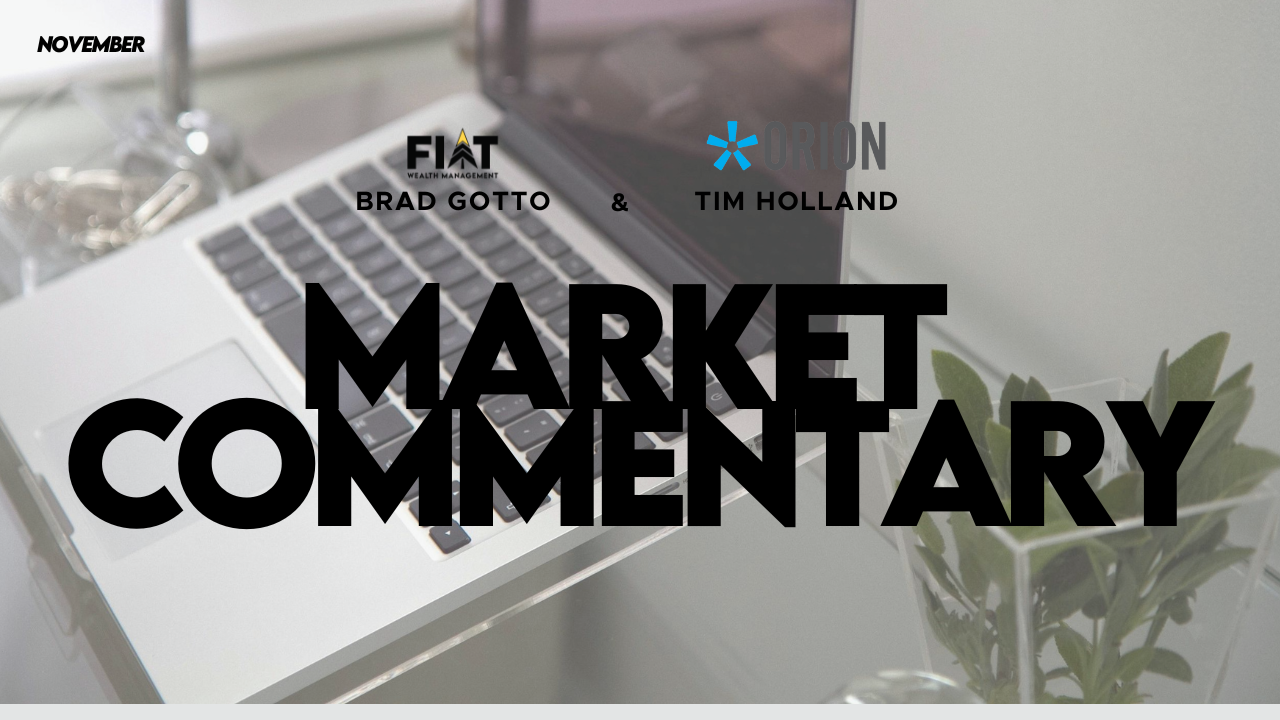On May 22, 2025, the House of Representatives passed H.R. 1, One Big Beautiful Bill Act, a sweeping $3.8 trillion reconciliation package that includes a broad array of tax provisions affecting individuals, businesses, and international taxpayers.
While the bill is expected to undergo revisions in the Senate, we want to highlight a few key provisions as currently drafted and offer preliminary insights into how they may affect your tax planning. At Fiat Tax we view helping you analyze and plan for your tax situation throughout the year as one of our most important contributions to your personal and business success. Please contact us if you would like us to help you maximize your after-tax income and plan ahead in this changing environment!
Individual income tax provisions
Permanent extension of lower tax rates and brackets: The bill would make permanent the individual income tax rates and brackets established by the Tax Cuts and Jobs Act (TCJA), including lower individual tax brackets and the increased standard deduction.
Fiat Commentary: Understanding where your income falls in the various federal and state tax brackets can help you make decisions about your investments (such as ROTH conversions and loss harvesting) and the impact of other decisions related to retirement and potential business and home sales.
Standard deduction: The nearly doubled standard deduction would be made permanent, with an additional inflation adjustment and a temporary increase for 2025–2028 ($1,000 for single filers, $2,000 for joint filers).
Fiat Commentary: It may make sense to group larger itemized deductions in years when you will benefit beyond the higher standard deduction. For example, if you are planning a major charitable contribution, or anticipate high medical expenses in a given year, choosing to itemize one year and take advantage of the standard deduction in another year may be a planning opportunity.
- Qualified business income deduction (Sec. 199A): The 20% deduction for qualified business income from pass-through entities is made permanent and increased to 23% for tax years after 2025.
Fiat Commentary: The qualified business income deduction is a very valuable deduction if you qualify. The ability to minimize tax through this deduction depends on how your business is structured and what type of business you own. Maximizing this deduction may require an analysis of your entity structure. If you work in a business performing services in fields such as health, law, finance, or consulting, qualifying for the deduction may mean finding ways to reduce your gross income through increased retirement deductions and other strategies.
- Estate and gift tax exemption: The increased exemption is made permanent and raised to $15 million per individual ($30 million for married couples) in 2026, indexed for inflation.
- SALT deduction cap: The state and local tax (SALT) deduction cap is increased to $40,000 per household with a $500,000 income cap.
Fiat Commentary: For taxpayers in high tax states, this increase to the limit on itemized deductions for state and local taxes could result in significant tax savings for certain individuals. However, there are limits on how this increased deduction can be claimed by businesses in health, law, finance or consulting in states with “SALT workaround” rules that allowed for pass-through entities to deduct state taxes on behalf of its owners.
Business tax provisions
Bonus depreciation: 100% expensing (bonus depreciation) for qualified property is restored for property placed in service from Jan. 19, 2025, through Dec. 31, 2029.
- Sec. 179 expensing: The maximum amount a business may expense is increased to $2.5 million, with the phaseout threshold raised to $4 million, both indexed for inflation after 2025.
- Research and experimental expenditures: Allows full expensing of domestic R&D from Jan 1, 2025 through 2029; amortization resumes in 2030.
Fiat Commentary: For businesses investing in equipment or research and development activities, these increased limits will result in significant savings. We help business owners determine the best way to maximize these business deductions by analyzing current year taxable income and future projected income to help business owners benefit the most in timing of depreciation and other deductions.
What’s next?
We recommend reviewing your current tax strategy in light of these proposed changes. Our team is available to discuss how these provisions may impact your personal or business tax situation and to help you plan accordingly.
Please don’t hesitate to contact us with any questions or to schedule a consultation.

.jpg)











.png)